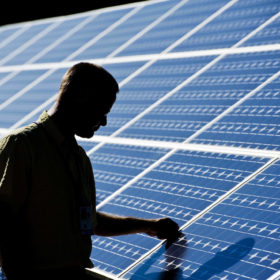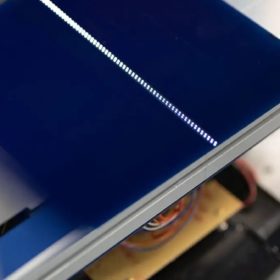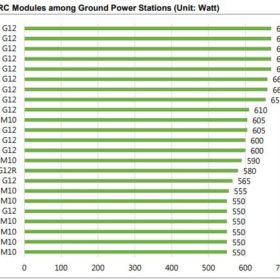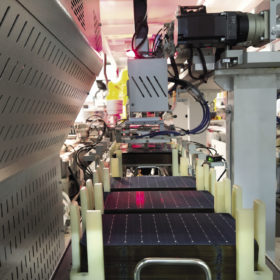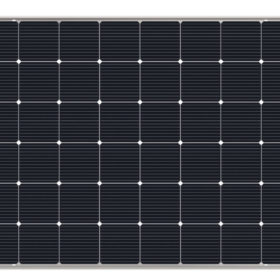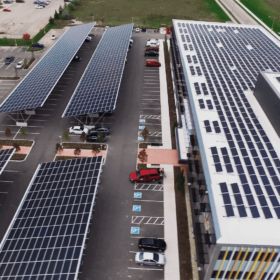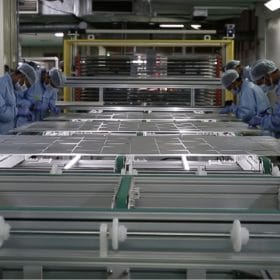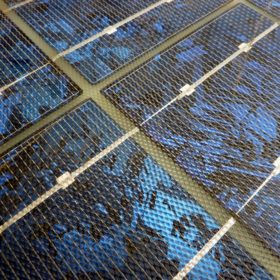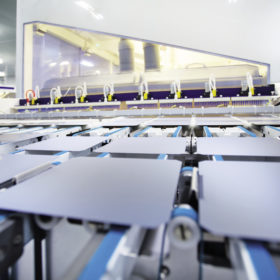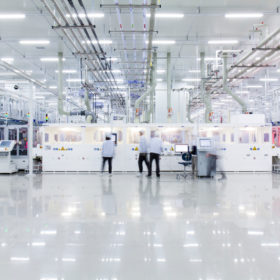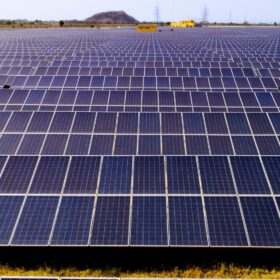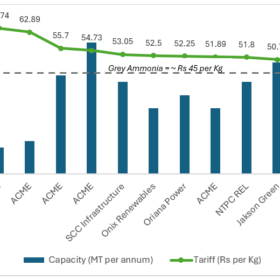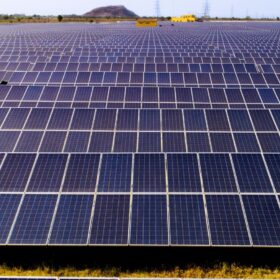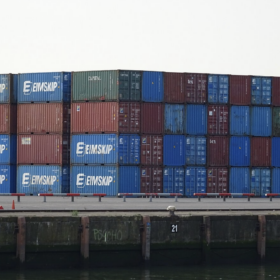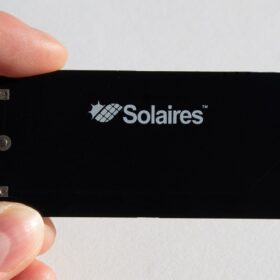Most new solar panels retain 80% production after 30 years
A five-year Sandia Labs study on solar module degradation shows that 13 out of 23 tested module types have effective lifetimes exceeding 30 years.
The long read: Open opportunity for PERC solar cell laser processing
Laser contact opening (LCO), a standard process in PERC cell production, has seen little market development in the past few years. Stiff competition from equipment suppliers in Asia, combined with the fact that most new n-type manufacturing doesn’t make use of LCO, has kept the level of interest here quite low. However, as the PV research community increases its focus on reducing silver consumption, new approaches to cell contacting and metallization provide impetus for a second look at laser processing.
Solar panel sizes continue to get larger and improve LCOE, says TrendForce report
A new report from the Taiwanese market research company shows growth in the production of modules over 600 W and increased format size. Cells and wafers are getting larger as well.
The long read: Decision time for India’s solar manufacturing plans
India is expanding solar cell production capacity in a big way. Will manufacturers go down the established mono PERC route or leapfrog to advanced n-type technologies? Uma Gupta investigates.
TOPCon vs PERC
TOPCon solar cells are on their way to fully compete with PERC solar products, according to recent research from Germany’s Fraunhofer ISE. Efficiency gains for the TOPCon concept, however, are necessary to help it capture more market share, as production costs remain higher than those for PERC tech. A series of cost-driven strategies to make TOPCon modules advance were outlined in the study.
U.S. decarbonization goals hinge on scaling up heterojunction cell tech
HJT technology could fill an innovation gap in the residential and commercial rooftop PV market, and boost U.S. solar leadership through domestic manufacturing of cells and modules.
Solar manufacturer Websol Energy Systems posts profit
The West Bengal-based solar cell and module manufacturer, which incurred an INR 28.95-crore loss in FY2018-19, has posted an INR 6.56-crore profit for FY2019-20.
CEL opens tender for supply of 2 million solar cells
July 9 is the deadline to bid for supply of five-busbar, multicrystalline ‘PERC’ solar cells with an efficiency of minimum 19.60%.
The long read: Criteria and implications for gallium-doping
As a remedy for light-induced degradation (LID) in crystalline silicon cells, gallium-doped wafers are showing considerable promise. With reports that ingot growth productivity can rival that of boron doping, it seems that gallium doping may now be able to meet the cost, integration and performance criteria that have informed solar manufacturing technology adoption, writes Alex Barrows, senior research analyst at U.K.-based consultancy Exawatt.
Q-Cells unveils new half-cell monocrystalline panel
According to the Korean manufacturer, its Q.Peak Duo-G6 module is produced with larger wafers than those used in the G5. This is said to increase module yield by around 6% for a power output ranging from 355-420 W.
